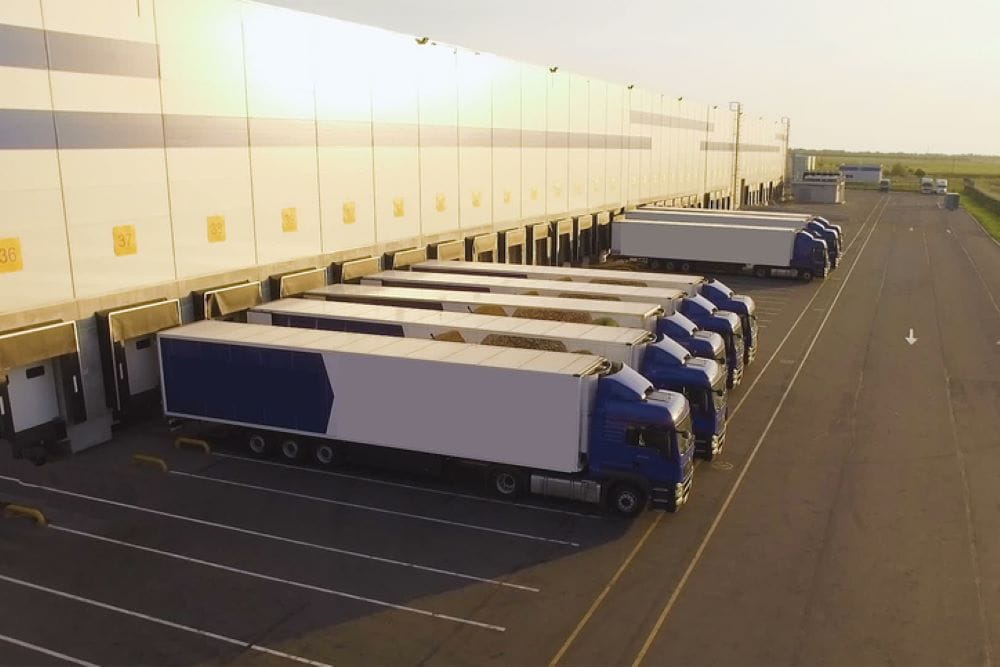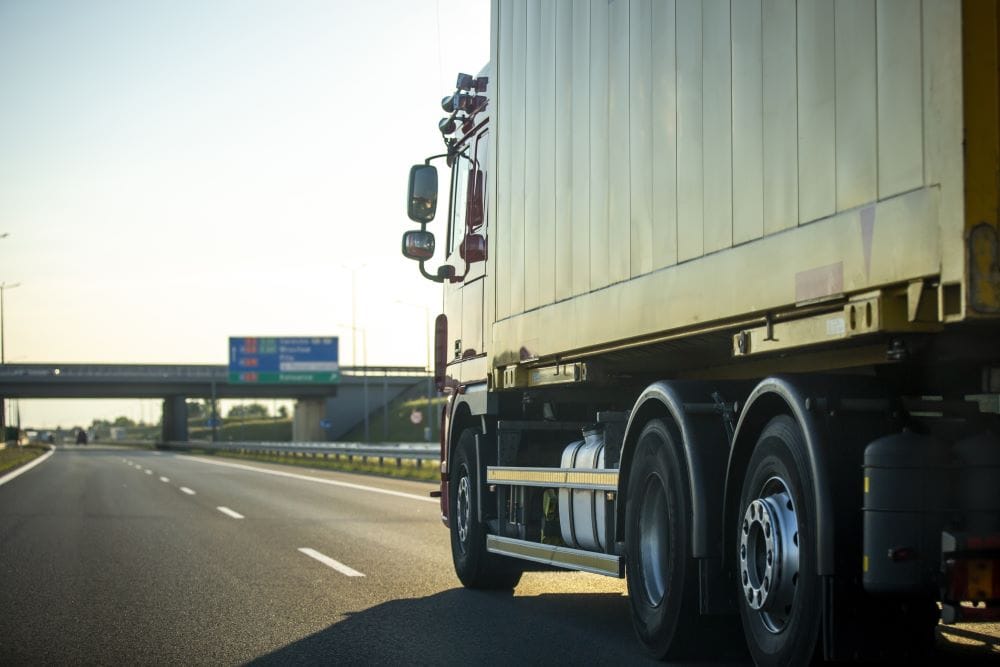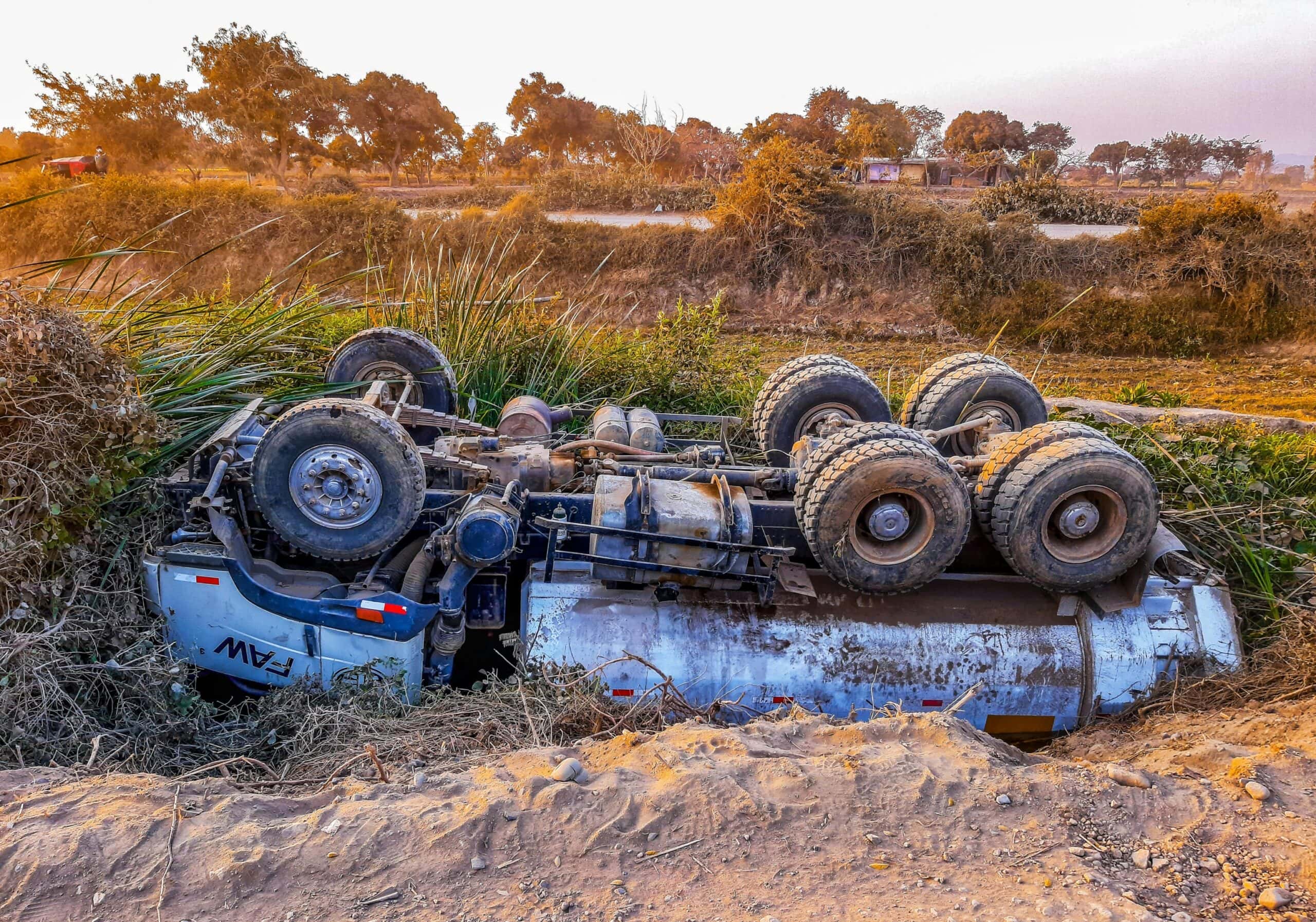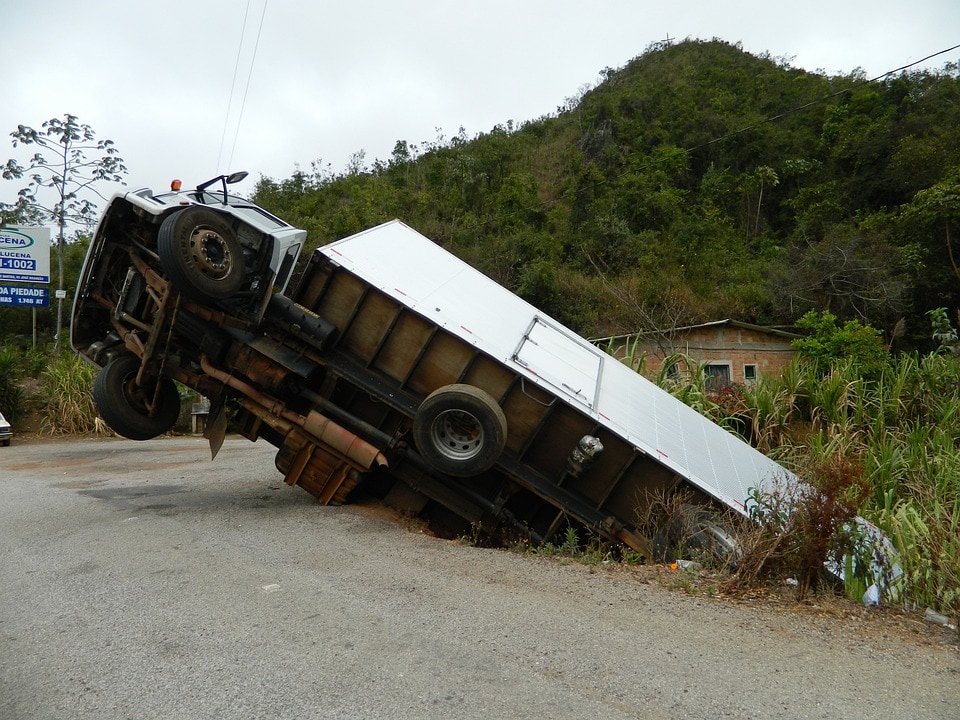
Trucking accidents are often catastrophic events, leaving victims with severe injuries, mounting medical bills, and emotional trauma. If you’ve been involved in a trucking accident, you may wonder whether you can hold the trucking company responsible for the damages incurred. The short answer is yes, but the process can be complex. In this guide, we’ll explore the intricacies of suing a trucking company for an accident caused by their driver, offering insights into how to file a truck accident lawsuit, whom to sue, how to prove your claim, and more.
Understanding Trucking Company Liability
When a trucking company employs a driver, they assume certain responsibilities. According to the legal principle of vicarious liability, truck driver’s employer can be held accountable for the actions of their employees if those actions occur within the scope of employment. This means that if a truck driver causes an accident while performing work duties for the trucking company, the company can be held liable for the damages resulting from the accident.
When Are Trucking Companies Liable?
Trucking companies can be held liable for accidents in various scenarios, including:
Negligent Hiring: If the trucking company failed to conduct proper background checks or hired a driver with a history of accidents or traffic violations, they may be liable for negligent hiring.
Inadequate Training: If the trucking company failed to provide adequate training to its drivers or ensure that they were properly licensed and qualified to operate commercial vehicles, they may be held responsible for accidents caused by negligent truck driver error.
Failure to Maintain Vehicles: Trucking companies have a duty to maintain their vehicles in safe operating condition. If a mechanical failure or defect contributed to the accident, the trucking company liable for negligent maintenance.
Violation of Regulations: Trucking companies must comply with state and federal regulations governing the trucking industry. If they violate these regulations, such as exceeding maximum driving hours or failing to properly secure cargo, they may be held accountable for resulting accidents.
Common Causes of Truck Accidents
Truck accidents can occur for various reasons, but some common causes include:
Driver Fatigue: Truck drivers often face pressure to meet tight deadlines, leading to fatigue and drowsy driving.
Speeding: Exceeding the posted speed limit or driving too fast for road conditions can increase the risk of accidents.
Distracted Driving: Using cell phones, eating, or engaging in other distractions while driving can impair a truck driver’s ability to safely operate their vehicle.
Impaired Driving: Operating a commercial vehicle under the influence of drugs or alcohol is illegal and significantly increases the risk of accidents.
Poor Weather Conditions: Adverse weather conditions, such as rain, snow, or fog, can make driving more challenging and increase the likelihood of accidents.
Truck Accident Statistics and Injuries
Truck accidents often result in serious injuries due to the size and weight disparity between commercial trucks and passenger vehicles. According to the National Highway Traffic Safety Administration (NHTSA), there were over 4,000 fatalities and approximately 100,000 injuries in crashes involving large trucks in the United States in a recent year. Common injuries resulting from truck accidents include:
Traumatic brain injuries
Spinal cord injuries
Broken bones
Internal injuries
Burns and lacerations
Can I Sue A Trucking Company For An Accident Caused By Their Driver?
Yes, you can sue a trucking company for an accident caused by their driver under certain circumstances. If the driver was acting within the scope of their employment or if the company was negligent in hiring, training, or supervising the driver, you may have grounds for a lawsuit against the trucking company. However, the specific details of the accident and the applicable laws will determine the viability of your case.
Filing a Trucking Accident Lawsuit
If you’ve been injured in a truck accident and believe that the trucking company is responsible, you may choose to file a lawsuit to seek compensation for your damages. Here are the steps involved in filing a trucking accident lawsuit:
Consultation with an Attorney: The first step in filing a trucking accident lawsuit is to consult with an experienced personal injury attorney. An attorney can evaluate your case, determine whether you have grounds for a lawsuit, and guide you through the legal process.
Investigation: Your attorney will conduct a thorough investigation into the circumstances of the accident, gathering evidence to support your claim against the trucking company negligence.
Filing the Complaint: Once your attorney has gathered sufficient evidence, they will file a complaint in the appropriate court, initiating the lawsuit against the trucking company.
Discovery: During the discovery phase, both parties exchange information and evidence relevant to the case, such as witness statements, medical records, and expert testimony.
Negotiation: In many cases, trucking companies may be willing to settle the lawsuit out of court to avoid a lengthy and costly trial. Your attorney will negotiate with the trucking company’s insurers to reach a fair settlement agreement.
Trial: If a settlement cannot be reached, the case will proceed to trial, where a judge or jury will hear arguments from both sides and render a verdict.
How Do I Prove My Claim?
Successfully suing a trucking company for an accident requires evidence to support your claim of negligence. Some key pieces of evidence that can strengthen your case include:
Police Reports: Official reports filed by law enforcement officers at the scene of the accident can provide valuable information about the circumstances of the crash.
Witness Statements: Eyewitness accounts from individuals who observed the accident can corroborate your version of events and provide additional context.
Medical Records: Documentation of your injuries and the medical treatment you received is essential for calculating damages.
Video Footage: Surveillance footage from nearby cameras or footage captured by dashcams can offer visual evidence of the accident.
Trucking Logs: Trucking companies are required to maintain detailed logs of their drivers’ hours of service, which can help establish whether driver fatigue played a role in the accident.
Maintenance Records: If poor vehicle maintenance contributed to the accident, maintenance records can demonstrate the truck driver’s negligence.
Electronic Logging Device (ELD) Data: ELD data can provide insights into the driver’s behavior leading up to the accident, such as speeding or sudden braking.
What Damages Can I Recover?
If you successfully sue a trucking company for an accident, you may be entitled to various types of damages, including:
Medical Expenses: Compensation for the cost of medical treatment, including hospital bills, surgeries, prescription medications, and rehabilitation services.
Lost Wages: Reimbursement for income lost as a result of the accident, including wages lost due to time off work for recovery or disability.
Pain and Suffering: Compensation for physical pain, emotional distress, and mental anguish caused by the accident and resulting injuries.
Property Damage: Reimbursement for the cost of repairing or replacing damaged property, such as your vehicle or personal belongings.
Loss of Consortium: Compensation for the loss of companionship, affection, and support suffered by your spouse or family members as a result of your truck accident injuries.
When Should I Sue?
In Nevada, the statute of limitations for filing a personal injury lawsuit, including truck accident cases, is typically two years from the date of the accident. However, it’s essential to consult with an attorney as soon as possible to ensure that you meet all filing deadlines and preserve your right to seek compensation.
How an Attorney Can Help You in Suing a Trucking Company for an Accident
An attorney can be an invaluable asset if you’re considering suing a trucking company for an accident caused by their driver. Here’s how an attorney can help you navigate the complexities of your case and maximize your chances of success:
Legal Expertise: An attorney specializing in truck accidents understands relevant laws and regulations, providing expert guidance on your rights and legal options.
Investigation: Attorneys have resources to conduct thorough investigations, gathering crucial evidence like police reports and witness statements to support your case.
Establishing Liability: Your attorney will identify liable parties such as the truck driver, trucking company, or maintenance contractors, crucial for determining fault.
Building a Strong Case: They compile compelling evidence, including medical records and expert opinions, to bolster your claim for compensation.
Negotiating with Insurance Companies: Handling all communication with an insurance company, attorneys negotiate tirelessly to secure a fair settlement that covers your losses.
Advocacy in Court: Should negotiations fail, your attorney advocates vigorously on your behalf in court, presenting evidence and arguments for maximum compensation.
Ensuring Timely Action: Attorneys manage deadlines and paperwork, ensuring all necessary steps are taken promptly to protect your rights.
Maximizing Compensation: They work tirelessly to ensure you receive full compensation for all damages, both economic and non-economic.

Get the Justice You Deserve with BLG
In conclusion, while suing a trucking company for an accident caused by their driver may seem daunting, it’s essential to remember that you have rights as an accident victim. With the help of a skilled personal injury lawyer, you can hold negligent trucking companies accountable and recover the compensation you deserve for your injuries and other damages. Don’t hesitate to seek legal guidance and take action to protect your rights after a trucking accident.
If you’ve been injured in a truck accident, don’t face the legal battle alone. BLG is here to help you fight for the compensation you deserve. Our experienced attorneys will guide you through every step of the process, from gathering evidence to negotiating with insurance companies.
Contact us today for a free consultation.
FAQs
How much are most truck accident settlements?
On average, truck accident settlements usually fall within the range of $70,000 to $75,000 for incidents of moderate severity. Truck accident settlements vary widely depending on factors such as the severity of the accident, damages incurred, insurance coverage, and legal representation.
How recent state laws are making it harder to sue trucking companies after crashes?
Recent state laws aimed at tort reform often include provisions that limit the liability of trucking companies after crashes. These laws may impose stricter burdens of proof on plaintiffs, cap damages that can be awarded, or restrict the timeframe within which truck accident lawsuits can be filed, making it more challenging to successfully sue trucking companies.
What is the difference between an incident and an accident in trucking?
In trucking terminology, an incident refers to any unexpected or undesirable event involving a commercial truck, such as a minor collision, mechanical breakdown, or spillage. An accident typically implies a more serious event resulting in damage, injury, or death. However, the distinction between the two terms may vary depending on the context and regulations governing the trucking industry.





